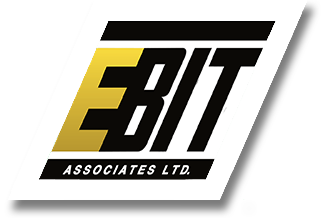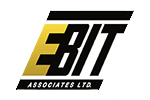Placing a price on a privately held company can be more complex than placing a price on a publicly held company. One of the top reasons for this fact is that privately held companies don’t have audited financial statements.
Why Are Audited Financial Statements Lacking In Privately Held Companies?
It is expensive to prepare an audited financial statement. For this reason, many companies that have not gone public forego this expense. Publicly held companies reveal a lot of information regarding their finances. A publicly held company can seem like an “open book”. In order to assess whether or not a valuation or price is accurate, buyers have to dig out a lot more information from a privately held company.
What Can You Do To Overcome This Factor?
You, the seller, can help streamline this process. To increase your chances of selling your business, have as much information available as possible. Have your accountant present your numbers in a manner that is easy to understand.
There are several steps that a seller of a privately held company can make when establishing a price or a value.
- Use an outside expert to determine a value.
- Establish what your price will be when you put your company on the market.
- Know the price that you would ideally like to get for your company.
- Establish the lowest price that you are willing to take. It is critical that you know in advance how much you are willing to sell for, as this can help the negotiation process.
The Marketplace Will Ultimately Decide
The final sale price for the company will usually be somewhere between the asking price and the bottom-dollar price that was established by the seller. However, on occasion, a selling price may be lower than any of the four outlined above. The undeniable fact is, the marketplace will establish the final sales price.
Here are a few areas that you can expect a buyer to review when establishing a price that they are willing to pay:
- Stability of earnings and stability of the market
- Product diversity
- The potential of the market
- The size of the customer base
- The relationship with suppliers
- The distribution network in place
- The number and seriousness of competitive threats
- Needs for capital expenditures
The more favorable each of these points is, the more likely it is you will receive a higher price. EBIT Associates is a leading intermediary and investment-banking firm advising private and corporate clients on lower middle market transaction. We sell over 75% of our client companies at a higher price than the broker community. EBIT can help you get your privately held company ready for market. Contact us today!


